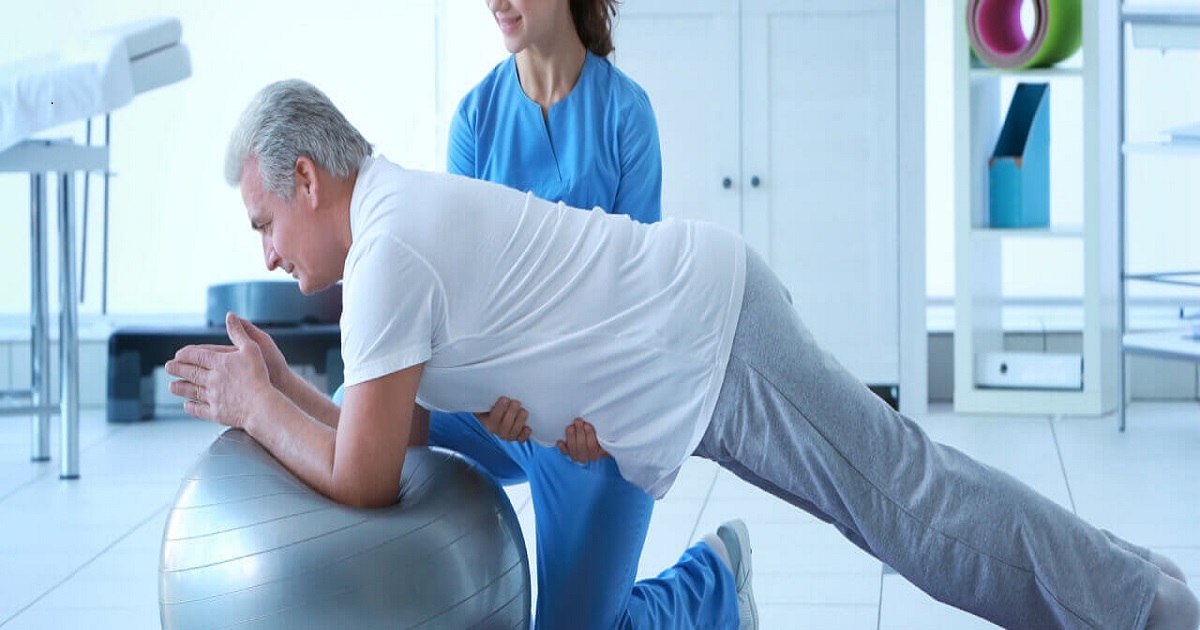Stress has become a pervasive aspect of modern life, affecting individuals from all walks of life. Whether stemming from work pressures, personal relationships, or other life challenges, stress can take a toll on both mental and physical health.
In the pursuit of effective stress management, many people turn to various strategies, one of which is physical therapy. In this article, we’ll explore the role of physical therapy in alleviating stress and promoting overall well-being.
Understanding Stress: Causes and Symptoms
What is stress?
Stress is the body’s natural response to pressure or demands placed upon it. It can manifest in various forms, including physical, emotional, and psychological symptoms.
Common causes of stress
Stress can arise from numerous sources, such as work-related deadlines, financial worries, relationship conflicts, and major life changes.
Symptoms of stress
Symptoms of stress may include increased heart rate, muscle tension, irritability, fatigue, difficulty concentrating, and changes in appetite or sleep patterns.
The Role of Physical Therapy in Stress Management
Physical therapy offers a holistic approach to stress management by addressing both the physical and mental aspects of the condition.
How physical therapy addresses stress
Physical therapy employs a range of techniques to reduce stress levels, including relaxation exercises, therapeutic massage, and guided breathing techniques.
Benefits of physical therapy for stress relief
The benefits of physical therapy for stress relief extend beyond the immediate relaxation response. Regular sessions can help improve blood circulation, alleviate muscle tension, and promote a sense of well-being.
Techniques Used in Physical Therapy for Stress
Physical therapists utilize a variety of techniques to help individuals manage stress effectively.
Massage therapy
Massage therapy can help reduce muscle tension, promote relaxation, and alleviate physical symptoms associated with stress.
Breathing exercises
Deep breathing exercises can induce a state of relaxation and help individuals manage stress more effectively.
Yoga and stretching routines
Yoga and stretching routines can help improve flexibility, release tension, and promote relaxation of both the body and mind.
Progressive muscle relaxation
Progressive muscle relaxation involves tensing and then relaxing different muscle groups to promote relaxation and reduce stress levels.
Incorporating Mindfulness and Meditation
Mindfulness and meditation practices are increasingly recognized for their effectiveness in stress reduction.
Mind-body connection in stress management
Mindfulness practices emphasize the connection between the mind and body, promoting greater awareness and acceptance of present-moment experiences.
Meditation practices for stress relief
Meditation techniques, such as focused attention and loving-kindness meditation, can help individuals cultivate a sense of inner calm and resilience in the face of stress.
Mindfulness-based stress reduction (MBSR)
MBSR programs integrate mindfulness meditation and yoga practices to help individuals manage stress, pain, and illness more effectively.
Importance of Exercise in Stress Reduction
Regular exercise is a cornerstone of stress management, offering numerous physical and psychological benefits.
Aerobic exercises
Aerobic exercises, such as walking, jogging, or cycling, can help reduce stress hormones, boost mood, and improve overall well-being.
Strength training and its stress-relieving benefits
Strength training exercises, such as weightlifting or resistance training, can help reduce muscle tension and promote relaxation.
Outdoor activities and their impact on stress levels
Spending time outdoors, whether hiking, gardening, or simply enjoying nature, can have a calming effect on the mind and reduce stress levels.
Creating Personalized Treatment Plans
Physical therapists work closely with individuals to develop personalized treatment plans tailored to their specific needs and goals.
Assessing individual needs
Thorough assessments help identify areas of physical tension and mental stress, informing the development of targeted interventions.
Tailoring therapy sessions
Therapy sessions are customized to address individual preferences, comfort levels, and therapeutic goals.
Setting achievable goals
Setting realistic and achievable goals helps individuals track their progress and stay motivated throughout the treatment process.
Combining Physical Therapy with Other Stress-Relief Techniques
Physical therapy can be integrated with other stress-relief techniques to enhance its effectiveness.
Nutrition and its role in stress management
A balanced diet rich in nutrients can support overall health and resilience to stress.
Sleep hygiene and its impact on stress levels
Quality sleep is essential for stress management, and physical therapy can help promote better sleep patterns and relaxation.
Cognitive-behavioral therapy (CBT) in conjunction with physical therapy
CBT techniques, such as cognitive restructuring and relaxation training, can complement physical therapy in addressing underlying stressors and promoting lasting behavior change.
Real-Life Success Stories: Testimonials from Patients
Hearing about the experiences of others can provide encouragement and inspiration for those seeking stress relief through physical therapy.
Precautions and Considerations
While physical therapy can be beneficial for stress management, it’s essential to take certain precautions and considerations into account.
Consulting healthcare professionals
Individuals with underlying health conditions or injuries should consult with healthcare professionals before beginning a physical therapy program.
Safety measures during physical therapy sessions
Practicing proper body mechanics and following therapist recommendations can help prevent injuries during therapy sessions.
Conclusion
Physical therapy offers a comprehensive approach to stress management, addressing both the physical and psychological aspects of the condition. By incorporating relaxation techniques, mindfulness practices, and exercise routines, individuals can effectively reduce stress levels and improve overall well-being.
